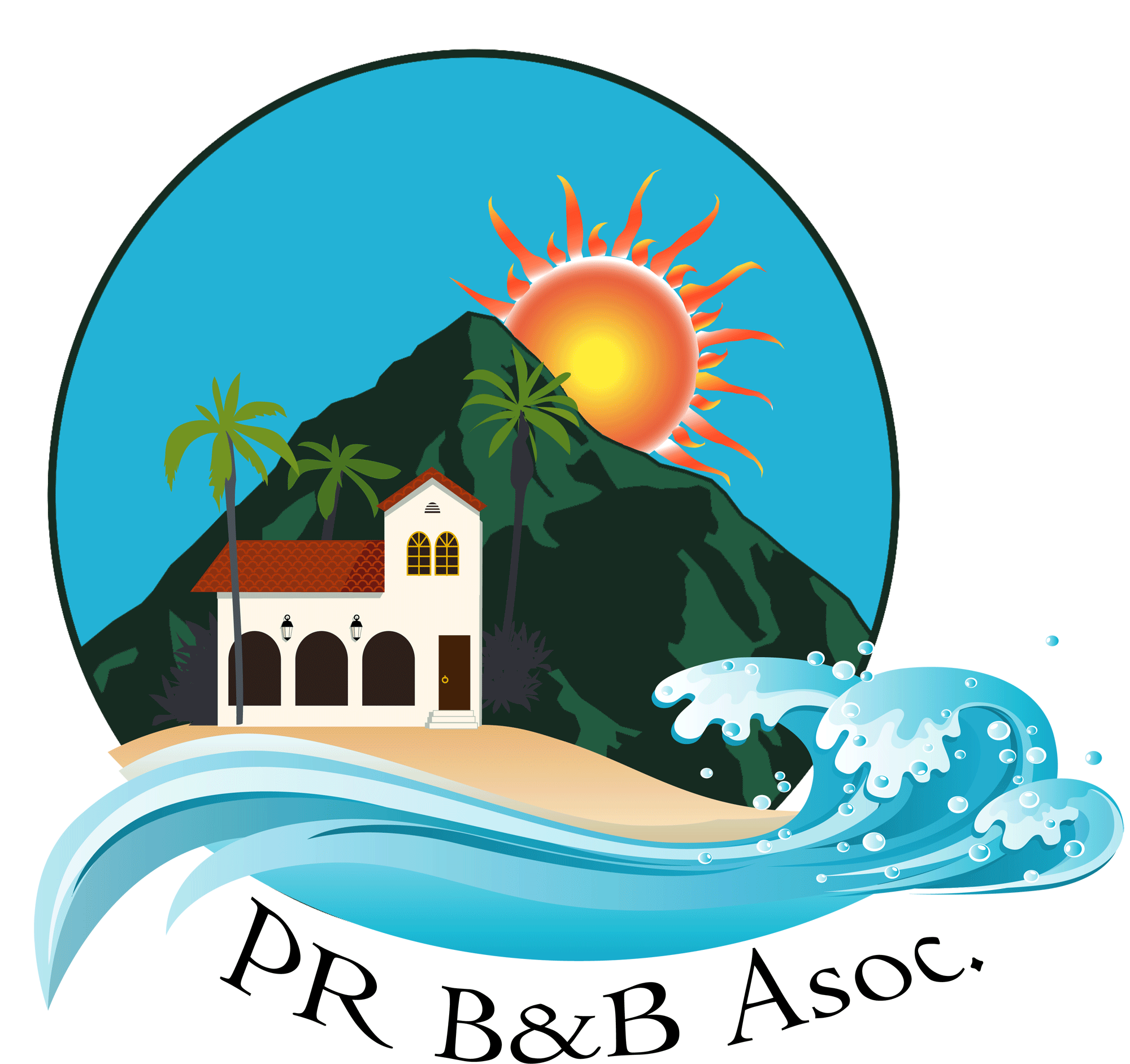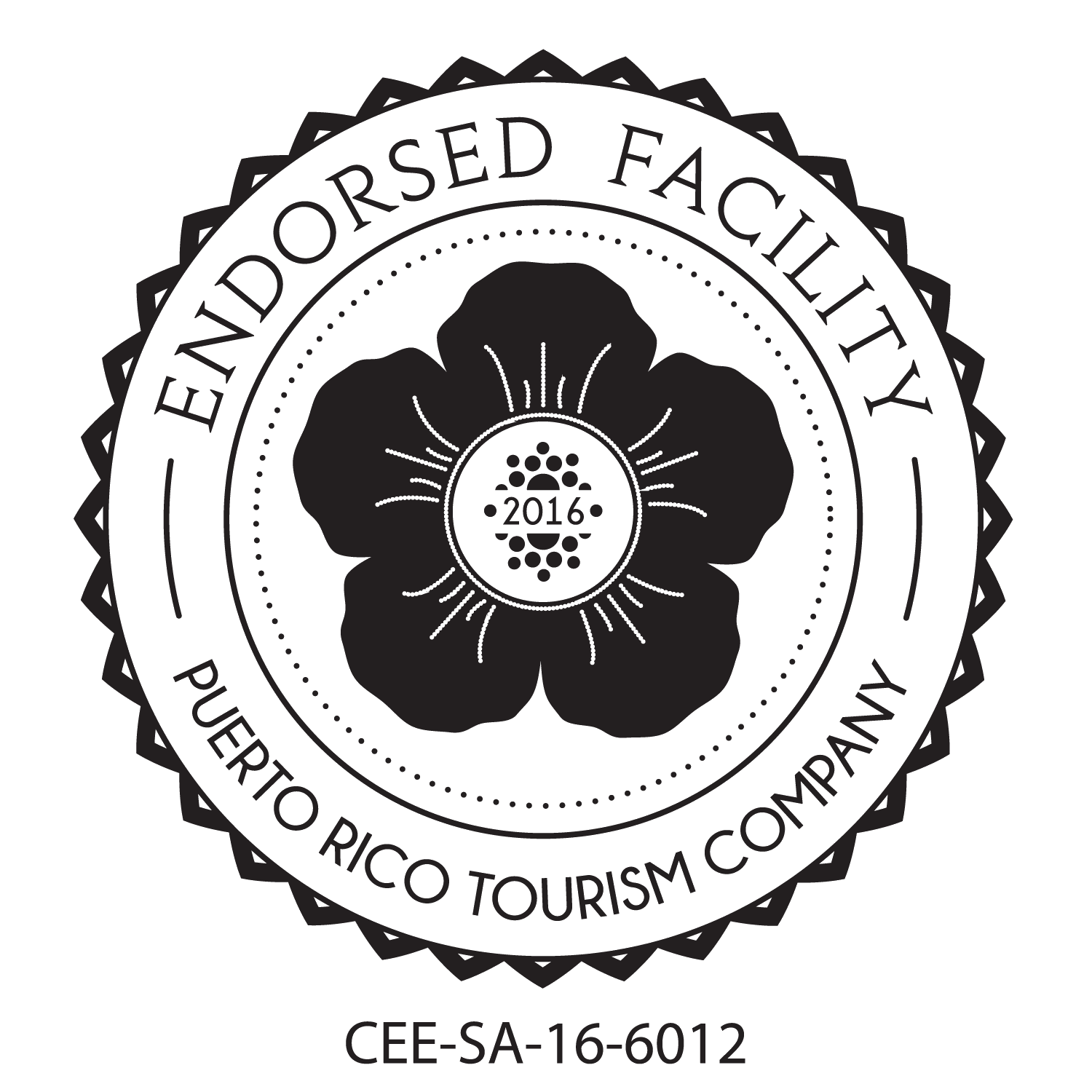"Our koi pond attracts dragonflies and houses fish that eat the mosquitoes"
Some of our guests have inquired about mosquito-borne diseases such as dengue. Despite our highly effective natural mosquito abatement program we like to call: “bio-warfare”, this worry has spoiled some of our guest’s vacations leading to cancellations because of the apprehension surrounding the possibility of Zika or dengue because of the assumption that there must be a high prevalence of mosquitoes at the Rainforest Inn, given its location within the El Yunque National Forest jungle. However, this is not true because this very jungle is teeming with various small creatures that diligently prey on every mosquito in sight.
Dengue is a mosquito-borne disease. The Dengue viruses are spread to people through the bite of an infected Aedes species (Ae. aegypti or Ae. albopictus) mosquito. This is a day-biting mosquito and requires a nearby infected human. Despite the low risk health officials in Puerto Rico are urging people to use insect repellent (and we agree that when you go out to the nearby towns you should). It is also a good idea to wear clothing that covers exposed skin. Of course, all the windows at the Rainforest Inn are screened, although this is mainly to prevent the summer termite swarms, as our bio warfare has effectively controlled mosquitoes on our property.
“Travel to Puerto Rico is often affected by threats of Zika, Covid, dengue, hurricanes or even earth quakes.”
It is important to be educated on the virus, to put it in perspective with other well-known mosquito-borne health threats for which travelers are accustomed to taking precautions—such as dengue fever and malaria—and to take comfort in the measures implemented by the tourism sector to combat these problems.
As for the relative danger of Zika or dengue, malaria still proves to be a more serious threat to travelers. The U.S. Centers for Disease Control and Prevention (CDC) reports upwards of 2,000 cases of malaria every year in the U.S., almost all in recent travelers, and the World Health Organization estimates that malaria caused 214 million clinical episodes and 438,000 deaths worldwide in 2015. The CDC reported 1,075 cases of Zika, including one death and one microcephaly case this year in Puerto Rico, and 1,732 total cases in U.S. states and territories. Luckily Malaria is not a concern in Puerto Rico.
Bats are important predators of mosquitoes in the jungle
Photo courtesy of "The Architecture of Mosquito Control" (http://emhughes.com/arbitrary/mosquitoes/)
Zika, once considered a relatively mild mosquito-borne illness known for causing symptoms like headaches, fever, rash, and red eyes, sparked widespread concern ten years ago due to its association with serious conditions such as microcephaly and Guillain-Barre syndrome. The Centers for Disease Control and Prevention (CDC) warned that a significant portion of Puerto Rico's population could be affected by Zika during an outbreak projected to peak that summer (ten years ago), as reported in the Associated Press (AP) article "Puerto Rico's tourist industry feels economic sting of Zika" in May. However, Puerto Rican officials, including Health Secretary Ana Rius, criticized the CDC's alarming projections as exaggerated and unlikely.
Furthermore, according to the Baltimore Sun article "Feds are scaring visitors away from Puerto Rico," Clarisa Jiménez, the president and CEO of the Puerto Rico Hotel & Tourism Association, accused the CDC of sensationalizing health reports irresponsibly. She argued that these reports, which instilled fear among the public, had led to adverse effects on the Puerto Rican economy. Similarly, the current situation with the dengue fever minor outbreak echoes this pattern of fear and economic repercussions.
The Rainforest Inn has experienced this many times now with different scares affecting our tourism. It seems that almost anything written in the New York times can halt our tourism economy.
In an attempt to decrease the fear-mongered Zika scare created by desperate news media, the Puerto Rico Tourism Company has launched PuertoRicoNow.SeePuertoRico.com to provide potential travelers with current information about the virus on the island, such as the article “Perception vs. Reality: Setting the Record Straight on Zika In Puerto Rico.” Additionally, hotels and tourist destinations have been providing welcome packets with bug repellent and safety information as well as training staff on mosquito abatement.
“While many hotels rely on chemical pesticides, the Rainforest Inn stands apart with our use of safe and sustainable biowarfare to fend off mosquitoes.”
While many hotels rely on chemical pesticides, the Rainforest Inn stands apart with our use of safe and sustainable biowarfare to fend off mosquitoes. Our program integrates a variety of natural predators of mosquitoes: our koi pond attracts dragonflies and houses fish that eat the mosquitoes that make it through the dragonfly barrier and attempt to lay eggs on the water. With the abundant spider population and the bat homes we constructed in the forest, in combination with cane toads, anoles, a variety of lizards, seven species of coquís and one native iguana on the property, the Rainforest Inn is a death trap for any mosquito that ventures near. Bats, amphibians and reptiles are abundant throughout El Yunque and provide their ecosystem services around many other tourist destinations in the jungle.
The Rainforest Inn is home to seven species of coquí, which help control the mosquito population
Our biowarfare program also coincides with our mission of environmental responsibility because avoiding the use of pesticides allows the natural rainforest wildlife to thrive and continue to protect us and our visitors.
Disproving the common misconception that a bed and breakfast enveloped in the jungle is a mosquito hotspot, our guests are regularly surprised by the almost non-existent mosquito population around the Rainforest Inn.
So, despite the escalating Zika scare, the Rainforest Inn is still the same safe paradise it has always been.
Saludos,
Bill & Renée














